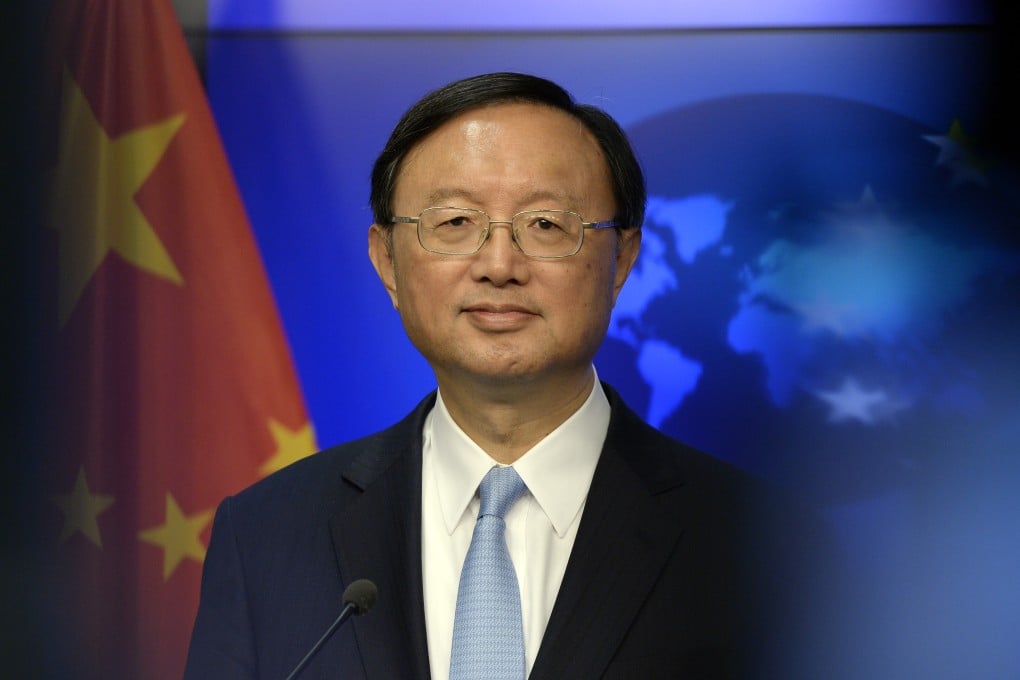Advertisement
Beijing sends its top diplomat to Singapore and South Korea amid US tensions
- Yang Jiechi to visit Singapore on Thursday and South Korea from Friday
- His first trip to Seoul in two years will include talks on international security, Korean peninsula and coronavirus response
Reading Time:3 minutes
Why you can trust SCMP

China’s top diplomat will visit Singapore and South Korea later this week as Beijing seeks to strengthen ties with its Asian neighbours amid an intensifying geopolitical rivalry with Washington.
Yang Jiechi, a leading architect of China’s foreign policy, will visit Busan starting on Friday and will hold talks on Saturday with Suh Hoon, the South Korean national security adviser, the Yonhap news agency reported, quoting presidential office spokesman Kang Min-seok.
Before his trip to Busan, Yang – a member of the 24-strong Politburo, the centre of power in the Chinese Communist Party – is due to visit Singapore on Thursday, China’s foreign ministry said on Wednesday, confirming a South China Morning Post report.
Advertisement
Yang will meet senior minister Teo Chee Hean and Foreign Minister Vivian Balakrishnan in Singapore, and will have a call with Prime Minister Lee Hsien Loong and Deputy Prime Minister Heng Swee Keat.

04:12
Are Xi Jinping’s China and Donald Trump’s US destined for armed conflict?
Are Xi Jinping’s China and Donald Trump’s US destined for armed conflict?
It will be Yang’s first visit to South Korea since July 2018.
Advertisement
Advertisement
Select Voice
Select Speed
1.00x